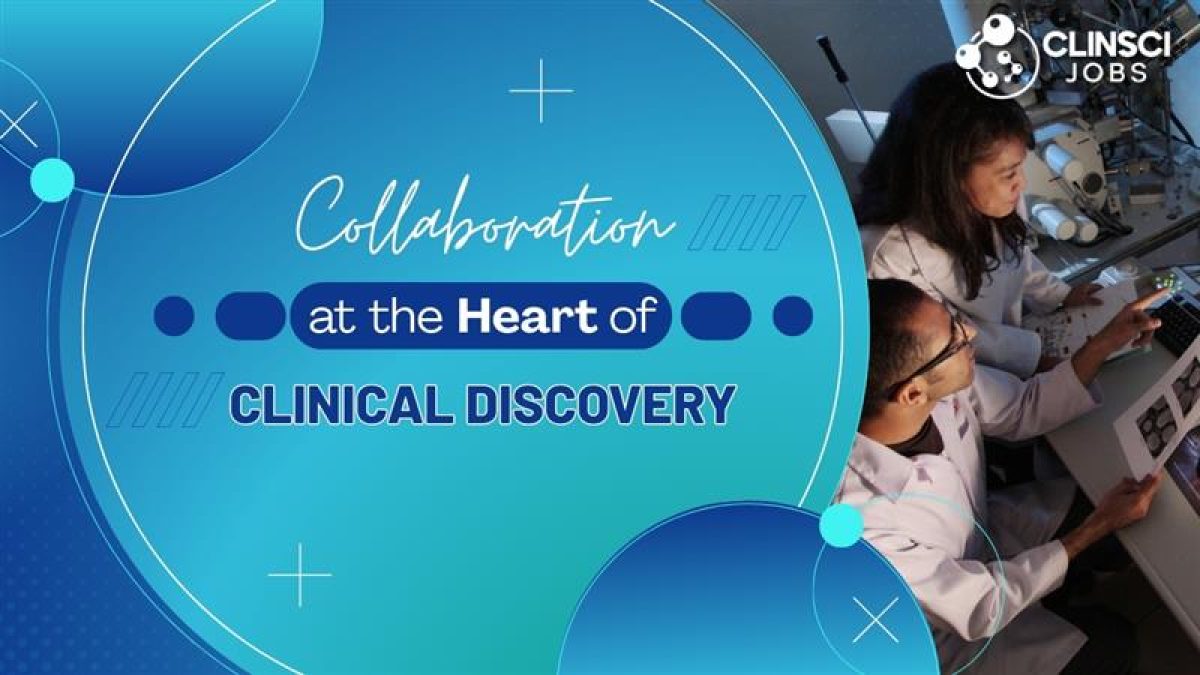Table of contents ▸
For several years now, the landscape has altered with a shift toward becoming much more patient-centric. Within the scope of this change lies clinical trials, no longer how a new drug or therapy is tested but a method for shaping health care so that it focuses on an individual patient. The future of medical care depends on how well we can integrate clinical trials into everyday health care so that treatments are not only effective but personalized for each patient’s different needs.
Clinical trials are vital in advancing medical research, but they are also starting to become more patient-experience-designed. This article will cover how clinical trials are changing the healthcare world for patient-centered treatment, how clinical trials impact individualized treatment, and how all of this impacts the general quality of care for the patients.
Understanding Patient-Centered Healthcare
Patient-centered healthcare will, therefore, focus on the needs, preferences, and values of patients when it comes to decision making. Patient-centered care contrasts from other traditional models of care because here, the treatment would depend on generalized protocols. Thus, the treatment plans should consider individual circumstances, goals, and desires of the patient so that both outcomes and satisfaction may be improved.
With the clinical trials integrated into this model, patients are not anymore just subjects in a study but are active participants in creating treatments that may help transform their lives. It has become the core of modern health care, giving the patients more control over the choices of their treatment options.
The Increased Role of Clinical Trials in Patient-Centric Healthcare

Modern health care has transformed clinical trials from simply testing new drugs or therapies to the personalizing of treatment plans to provide better outcomes and a better patient experience. They are not a simple research but rather the integration of their healthcare system.
Tailor-made treatments using clinical trials
There was once a time when clinical trials were primarily applied for evaluating the potency of new drugs. Nowadays, they play a central role in tailoring treatment based on precision medicine. Precision medicine targets treating every patient based on his/her genetic makeup. Thus, clinical trials are crucial to design therapies that work well in each patient. These trials collect important information that will help doctors understand how certain treatment may react to the genetics of a patient thus leading to an effective treatment plan.
The olden days, people had to pass through trial-and-error in terms of medication, sometimes taking years of uncertainty before one finally finds the right remedy. With clinical trials, treatments are now tested more systematically and personally, thereby lessening the trial-and-error process. Using data from clinical trials, doctors can determine more accurately which treatment will best fit a given patient, hence recovering fast and experiencing minimal side effects.
Empowerment of patients in clinical study.
Patient-centered healthcare shifting also meant patients are brought in more actively into their own treatment decision-making. No longer does a clinical trial involve someone testing a new drug in a group of people, listening to the needs and concerns of each patient. Researchers and clinicians are now working together with patients to design studies that take into account their preferences so that clinical trials will specifically address the challenges that patients face.
As a result, patients may be able to comment on whether they should visit the clinic more frequently, how their treatments are administered, or how the study should be designed to fit around them. This increased involvement has not only improved the experience of the patient but has also ensured that the trial results are more applicable to the varied needs of the patients.
Real-Time Data Collection for Best Results
One of the very thrilling developments in clinical trials comes through the use of real-time data collection. In years past, clinical trials placed huge burdens on patients-which included visiting clinics almost constantly for checkups and tests. Now, researchers use wearable devices, remote monitoring, and mobile applications, allowing patients to watch in real time how much better they are getting as compared to earlier times, to supply researchers and doctors with an abundance of more timely and better-accurate data.
This shift helps clinical trials move closer to being fully integrated into the patient’s daily life.
Real-time data collection allows for a more dynamic approach to patient care. If a patient’s condition changes or if they experience side effects from a treatment, researchers can adjust the trial protocol or treatment plan accordingly. This flexibility ensures that every single patient has efficient and personalized treatment.
How Patient-Centered Clinical Trials Improve Health Care Outcome

With clinical trials that focus on individual needs of patients, healthcare outcomes can be improved in several key areas:
Ready access to new treatments
Most clinical trials provide the patients with access to new treatments and technologies before the public at large can enjoy them. Such a treatment is crucial for those who have exhausted all other treatment options or suffer from conditions without any effective treatment available. The best thing that happens through participating in clinical trials is that one can receive care that may not be available in normal channels of healthcare.
Trust Building and Engagements
Patients feel like active participants, making decisions for their care or the process, and can better trust their healthcare provider to follow their treatment programs. The trust is initiated when the patient-centered process makes room for them to discuss issues with every step followed. It also helps with following treatment programs, giving way to improved outcomes for the patient.
Improved Quality of Life
Clinical trials may be a significant way to improve the quality of life of a patient if it is designed with the patient in mind. By eliminating more invasive treatments and by making the protocols more convenient, patients may be treated more sensitively by keeping them greatly involved in the decision-making process. This ensures better clinical outcomes, while also improving satisfaction overall.
Future of Clinical Trials in Patient-Centered Healthcare
Advanced and advanced technologies such as the latest digital health tools and devices, telemedicine services, and artificial intelligence support patient-centered care. They bring greater access and enable personalized clinical trials. Now, with all these bright possible things in the future related to tailoring healthcare delivery towards each patient’s preference and needs, clinical research occupies that forefront.
Conclusion
Clinical trials are undoubtedly changing the tides of health care in ways that are fundamentally making it more patient-centered. Through personalized treatments, real-time data collection, and greater patient involvement, clinical trials are not just advancing medical research—they are reshaping how we think about patient care. The integration of clinical trials into everyday healthcare offers patients more control, better outcomes, and a more positive healthcare experience.
Follow us on Social Media: LinkedIn | Facebook | Twitter | Instagram












